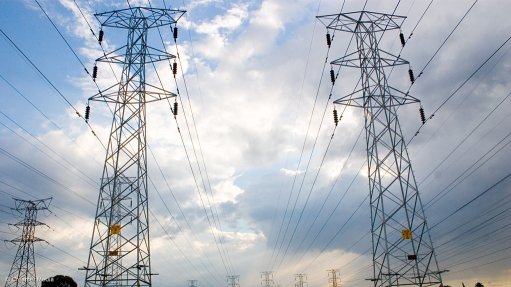
Photo by: Duane Daws
There was the political will in South Africa to promote energy efficiency; however, intense mobilisation was needed, South African Parliament chairperson of the Portfolio Committee for Energy Sisa Njikelana said on Wednesday.
Speaking at the eighth yearly Southern African Energy Efficiency Convention, held in Johannesburg, he said energy efficiency was strategic to transforming the country.
“If we are to drive development in our country in a transformative manner, we have to change the way we generate, supply and consume energy,” Njikelana said, adding that energy efficiency was simply a subset of resource efficiency, which was also important for South Africa.
Also speaking at the convention, State-owned power utility Eskom senior GM Andrew Etzinger said the parastatal supported this view, as it made use of resources such as coal and diesel and would benefit from doing so in an efficient manner.
Njikelana stated that the role of municipalities, other energy-intensive users, such as businesses, and communities had to be addressed to move the country towards increased energy efficiency.
“Building partnerships between government, communities, organised labour and business, needs intensive mobilisation,” he said.
Meanwhile, Njikelana pointed out that energy efficiency was the cheapest and quickest option to reduce the country’s carbon footprint, and that government was, therefore, mindful of the energy market.
However, there were challenges facing the Department of Industry in terms of implementing energy efficiency initiatives.
“These challenges include a lack of funding, the lack of capacity and skills in municipalities, the lack of data to measure energy efficiency achievements and the lack of municipal infrastructure,” he added.
The need for cooperation among the various stakeholders and the negative impact on municipal revenue owing to reduced energy use also challenged the department.
Further, for South Africa to fully reach its energy efficiency potential the country also had to focus on human settlements, particularly RDP housing, as this was where mass house production was being undertaken, Njikelana said, adding that property consumed about 40% of South Africa’s energy.
“Energy users also have to be resocialised to ensure the mass implementation of energy efficiency initiatives,” he added.